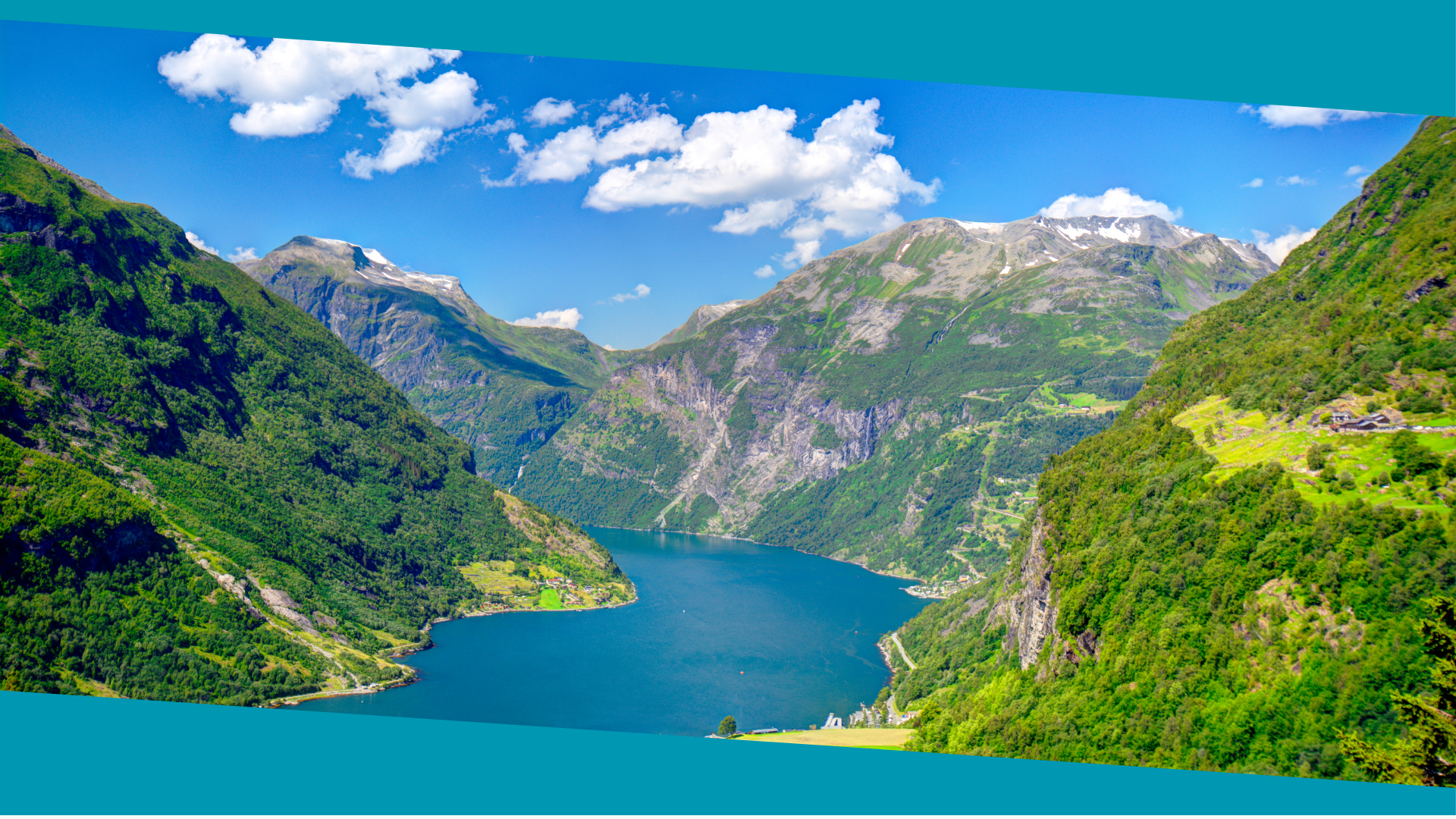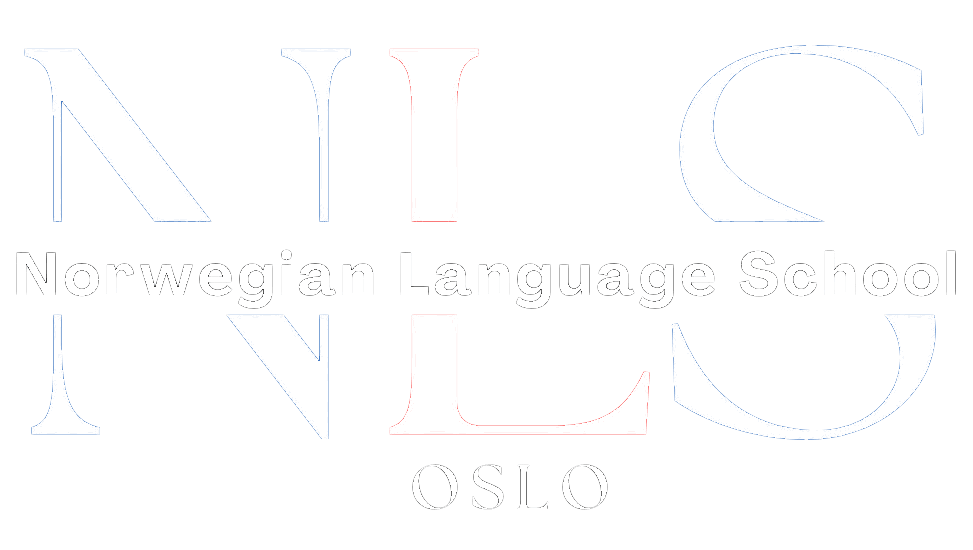Welcome to our comprehensive guide on Norwegian surnames! Have you ever wondered about the origins and meanings behind Norway last names? Or perhaps you’re curious about the cultural significance these names hold in Norwegian society. Prepare to embark on a journey through the intriguing world of Norwegian surnames, where heritage and history intertwine to create a rich tapestry of naming traditions.
Table of Contents
ToggleKey Takeaways
- Discover the heritage, origins, and cultural significance of Norwegian last names
- Explore the naming customs and traditions that shape Norwegian surnames
- Uncover the meanings and linguistic roots of common Norwegian last names
- Learn about regional variations in Norwegian surnames and their connections to local traditions
- Delve into the stories of notable individuals with Norwegian last names
Understanding Norwegian Naming Customs
Before we explore the specific Norwegian last names, it’s essential to understand the naming customs in Norway. These customs have deep historical and cultural roots that shape the family names we encounter today. By delving into the traditions of Norwegian naming, we can gain valuable insights into how these family names are passed down through generations, preserving the rich heritage of Norwegian culture.
In Norway, family names are typically derived from the father’s or mother’s given name, combined with a suffix indicating the lineage or relationship. For example, the common suffixes “-sen” and “-son” denote “son of,” while the suffix “-datter” signifies “daughter of.” This system provides a unique way of tracing ancestral connections within Norwegian families.
The use of patronymics, which links a person’s surname to their father’s name, was prevalent until the 19th century when fixed family names started to emerge. Today, both options coexist, allowing individuals to choose between using a patronymic or a fixed family name.
It’s worth noting that there are exceptions to these naming conventions, particularly among Norwegian families with non-Norwegian heritage or those who adopt alternative naming practices. These variations further enrich the tapestry of Norwegian surnames and reflect the diverse cultural influences present in modern Norwegian society.
Traditions and Significance
The practice of passing down family names in Norway holds great significance for many individuals, as it strengthens the sense of continuity, identity, and belonging. Family names serve as a connection to one’s ancestors and carry with them the stories, values, and traditions of past generations.
Family names provide a link to our roots, symbolizing the bonds that tie us to our family and heritage. They are an essential part of Norwegian identity and a testament to our shared history.
Understanding Norwegian naming customs allows us to appreciate the cultural context of last names, providing a deeper understanding of the people and communities they represent. By exploring these customs, we unlock a treasure trove of information that reveals the interplay between history, language, and familial ties.
Origins and Meanings of Common Norwegian Last Names
Exploring the fascinating world of Norwegian last names reveals a rich tapestry of linguistic roots, historical significance, and cultural associations. Let’s uncover the origins and meanings behind some of the most common Norwegian family names, gaining a deeper understanding of Norwegian heritage in the process.
1. Jensen: Derived from the given name Jens, Jensen is one of the most prevalent surnames in Norway. Its origin can be traced back to the medieval Latin name Joannes, meaning “God is gracious.” Jensen reflects the strong Christian influence and belief in divine grace in Norwegian history.
2. Olsen: With its roots in the name Ole, Olsen is another widely adopted Norwegian last name. The name Ole has Old Norse origins, coming from the word “anu,” meaning “ancestors” or “forefathers.” Olsen signifies a profound connection to one’s ancestral lineage and the importance of honoring and remembering the past.
3. Berg: Representing the geographical landscape of Norway, Berg is a common last name with Germanic origins. Derived from the Old Norse word “bjǫrg,” meaning “mountain” or “hill,” this surname is often associated with individuals who have a connection to the mountains and hilly regions of Norway.
4. Hansen: Derived from the given name Hans, Hansen is a popular last name that signifies “son of Hans.” Hans has its roots in the Hebrew name Yochanan, meaning “God is gracious.” Hansen emphasizes the importance of familial ties and the continuation of lineage in Norwegian culture.
5. Kristiansen: Reflecting Norway’s strong historical association with Christianity, Kristiansen is a patronymic surname meaning “son of Kristian.” Kristian is derived from the Latin name Christianus, meaning “follower of Christ.” Kristiansen highlights the influence of Christianity and the significance of faith in Norwegian society.
“Norwegian last names reveal a lasting connection to ancestry, geography, and cultural beliefs, adding layers of depth and meaning to individual and collective identities.”
6. Haugen: Haugen, meaning “hill” or “mound” in Norwegian, is a surname that often denotes a connection to rural landscapes and the agrarian lifestyle. Individuals with the last name Haugen may have ancestors who lived near hills or mounds, reflecting the rural heritage and close relationship with nature in Norway.
7. Pedersen: As a patronymic surname derived from the given name Peder, Pedersen signifies “son of Peder.” Peder is the Danish and Norwegian variant of the name Peter, which means “rock” or “stone” in Greek. Pedersen highlights the concept of strength and solidity, emphasizing the importance of resilience and stability.
8. Nilsen: Derived from the given name Nils, Nilsen is another common Norwegian last name. Nils is a variant of the name Nicholas, which has Greek origins and means “victory of the people.” Nilsen reflects the triumphs and collective spirit of the Norwegian people throughout history.
9. Solberg: Solberg, meaning “sunny hill,” combines the Norwegian words for “sun” (sol) and “mountain/hill” (berg). This surname reflects the cultural appreciation for natural beauty and the importance of sunlight in the Norwegian way of life. Solberg symbolizes optimism, warmth, and a deep connection to the natural environment.
10. Andersen: As a patronymic surname, Andersen signifies “son of Anders.” Anders is derived from the name Andreas, which comes from the Greek name “andreios,” meaning “manly” or “brave.” Andersen emphasizes bravery, courage, and the valor that is highly respected in Norwegian culture.
Exploring the origins and meanings of common Norwegian last names unveils a captivating narrative of heritage, values, and cultural identity. These surnames carry profound significance, reflecting the ancestral lineage, geographical landscapes, and societal values that shape the Norwegian people.
Regional Variations in Norwegian Surnames
When exploring Norwegian surnames, it is fascinating to discover how regional variations reflect the diverse landscapes and historical influences across different parts of Norway. These variations provide valuable insights into local traditions and connections, as certain family names become more prevalent in specific regions.
One such example is the widespread presence of last names ending in “-sen” or “-son” in many parts of Norway. These patronymic surnames indicate the person’s father’s name, such as “Andersen” meaning “son of Anders” or “Johansen” meaning “son of Johan.” This naming convention is particularly common in southern and central Norway, showcasing the historical influences of Norse patronymic traditions.
In the western coastal regions of Norway, you will often find surnames with a close connection to nature. Names like “Fjeld” (mountain), “Strand” (beach), and “Bakke” (hill) are prevalent, reflecting the stunning landscapes of this region. Furthermore, names related to occupations, such as “Berg” (mountain) or “Fisker” (fisherman), also highlight the historical livelihoods of the local communities.
The northern parts of Norway exhibit another distinct set of surnames influenced by the Sami culture and historical migrations. Surnames like “Inga” or “Nilsen” are common in these regions, reflecting the Sami and Norwegian cultural fusion. Additionally, names like “Larsen” or “Pedersen” indicate the historical influence of Danish and Swedish populations in the northernmost parts of Norway.
“The regional variations in Norwegian surnames provide a captivating glimpse into the country’s rich heritage and diverse cultural tapestry.”
It is important to note that while regional variations exist, there is also a great deal of overlap in surnames across Norway. For instance, popular Norwegian last names like “Hansen,” “Olsen,” and “Lund” can be found throughout the country, transcending regional boundaries.
To better understand the regional distribution of Norwegian surnames, let’s take a closer look at a table showcasing the top 5 most popular last names in different regions of Norway:
| Region | Most Popular Last Names |
|---|---|
| Southern Norway | Johansen, Olsen, Hansen, Andersen, Pedersen |
| Western Norway | Larsen, Olsen, Hagen, Haugen, Bakke |
| Central Norway | Johansen, Olsen, Hansen, Berg, Solberg |
| Eastern Norway | Johansen, Olsen, Hansen, Nilsen, Berg |
| Northern Norway | Johansen, Nilsen, Olsen, Larsen, Pedersen |
While these tables only provide a glimpse into the regional variations of Norwegian surnames, they demonstrate the prevalence and popularity of certain last names across different areas of Norway. Exploring these regional variations further enhances our understanding of the cultural landscape and historical influences that have shaped Norwegian naming conventions.
Continue the journey of uncovering Norwegian last names as we move on to the next section, where we will explore the stories of notable individuals with Norwegian surnames and their contributions in various fields.
Notable Individuals with Norwegian Last Names
Explore the stories of remarkable individuals with Norwegian last names who have left an indelible mark in various fields. These individuals, with their exceptional achievements and cultural impact, serve as beacons of inspiration and pride. Their surnames connect them to their Norwegian heritage, embodying the rich tapestry of Norwegian naming traditions.
1. Roald Dahl
“A person who has good thoughts cannot ever be ugly. You can have a wonky nose and a crooked mouth and a double chin and stick-out teeth, but if you have good thoughts, they will shine out of your face like sunbeams and you will always look lovely.”
Roald Dahl, the renowned British author, was of Norwegian descent. His last name, Dahl, is derived from the Old Norse name Dali, meaning “valley.” Roald Dahl is best known for his imaginative and enchanting children’s books, including classics like “Charlie and the Chocolate Factory” and “Matilda.”
2. Liv Ullmann
“Being a working mother is not easy, but it’s very fulfilling… You have to fight for your rights and understand that both you and your child are individuals with your own needs and dreams.”
Liv Ullmann, the Norwegian actress and film director, has gained international acclaim for her compelling performances and thought-provoking films. Her last name, Ullmann, is derived from the Old Norse word for “wool.” Liv Ullmann has collaborated with esteemed directors like Ingmar Bergman and has received numerous awards for her contributions to the film industry.
3. Thor Heyerdahl
“Borders? I have never seen one. But I have heard they exist in the minds of some people.”
Thor Heyerdahl, the Norwegian adventurer and ethnographer, challenged conventional wisdom with his extraordinary expeditions. His last name, Heyerdahl, has roots in Norwegian patronymic naming conventions, denoting descent from a man named Heyrdal. Thor Heyerdahl achieved worldwide fame for his daring voyage across the Pacific Ocean on a balsa wood raft, known as the Kon-Tiki expedition.
4. Grete Waitz
“When you cross the finish line, no matter how slow or fast, it will change your life forever.”
Grete Waitz, the Norwegian long-distance runner, was an icon in the world of marathon racing. Her last name, Waitz, is a common Norwegian surname. Grete Waitz made history by winning the New York City Marathon a record nine times and setting world records in the marathon. She paved the way for women in long-distance running and inspired countless athletes through her incredible achievements.
5. Edvard Munch
“I do not believe in the art which is not the compulsive result of Man’s urge to open his heart.”
Edvard Munch, the Norwegian painter and printmaker, is widely recognized for his iconic artwork, including “The Scream.” Munch’s last name is derived from the Norwegian word for “monk.” His emotionally charged and expressionistic style revolutionized modern art, making a lasting impact on the art world and cementing his position as one of Norway’s most celebrated artists.
Modern Trends in Naming Practices in Norway
As society evolves, so do naming practices, and Norway is no exception. Modern trends in naming practices in Norway reflect a combination of factors such as globalization, immigration, and individual preferences. These trends have shaped the choices of Norwegian family names in contemporary society.
One of the notable trends in recent years is an increasing shift towards more diverse and international names. With globalization and the ease of travel and communication, Norwegians are more exposed to different cultures and naming traditions. This exposure has influenced the adoption of names from various countries, resulting in a wider range of choices for parents when naming their children.
In addition to international influences, immigration has also played a significant role in shaping naming practices in Norway. With a growing immigrant population, there is a greater mix of cultural backgrounds and naming traditions. This has led to an integration of foreign names into Norwegian society, further enriching the diversity of family names.
Furthermore, personal preferences have become increasingly influential in naming choices. Modern parents in Norway are more likely to prioritize names that are unique, individualistic, or have personal significance. This shift towards personalized names reflects a desire to stand out and express individuality, making the naming process more personal and meaningful.
It is important to note that while these trends are evident, traditional Norwegian last names still hold deep cultural roots and continue to be cherished by many. The modern trends in naming practices in Norway are simply an expansion of choices, allowing individuals and families to embrace their own cultural heritage or explore new naming possibilities.
Overall, the modern trends in naming practices in Norway reflect the evolving nature of society and the desire for more diverse and individualized naming choices. These trends demonstrate the openness of Norwegian culture to embrace global influences while still preserving the rich heritage of traditional Norwegian surnames.
Conclusion
In conclusion, Norwegian last names play a vital role in preserving the cultural heritage and history of Norway. They offer valuable insights into the naming traditions and customs of this fascinating Nordic country. By delving into the origins, meanings, and regional variations of Norwegian surnames, we can gain a deeper understanding of the diverse tapestry that makes up the Norwegian naming landscape.
Exploring Norway last names allows us to uncover the connections they create to past generations and present-day identity. These names reflect the linguistic roots, historical influences, and regional diversity of Norway. Whether it’s the common Norwegian last names passed down through generations or the unique family names found in specific regions, each surname tells a story that connects individuals to their Norwegian heritage.
To fully appreciate the rich cultural significance behind Norwegian surnames, it is essential to embrace the fascinating world of Norwegian last names. Understanding their origins, meanings, and regional variations not only deepens our appreciation for Norway’s history and heritage but also helps us to forge stronger connections to our own ancestral roots.








